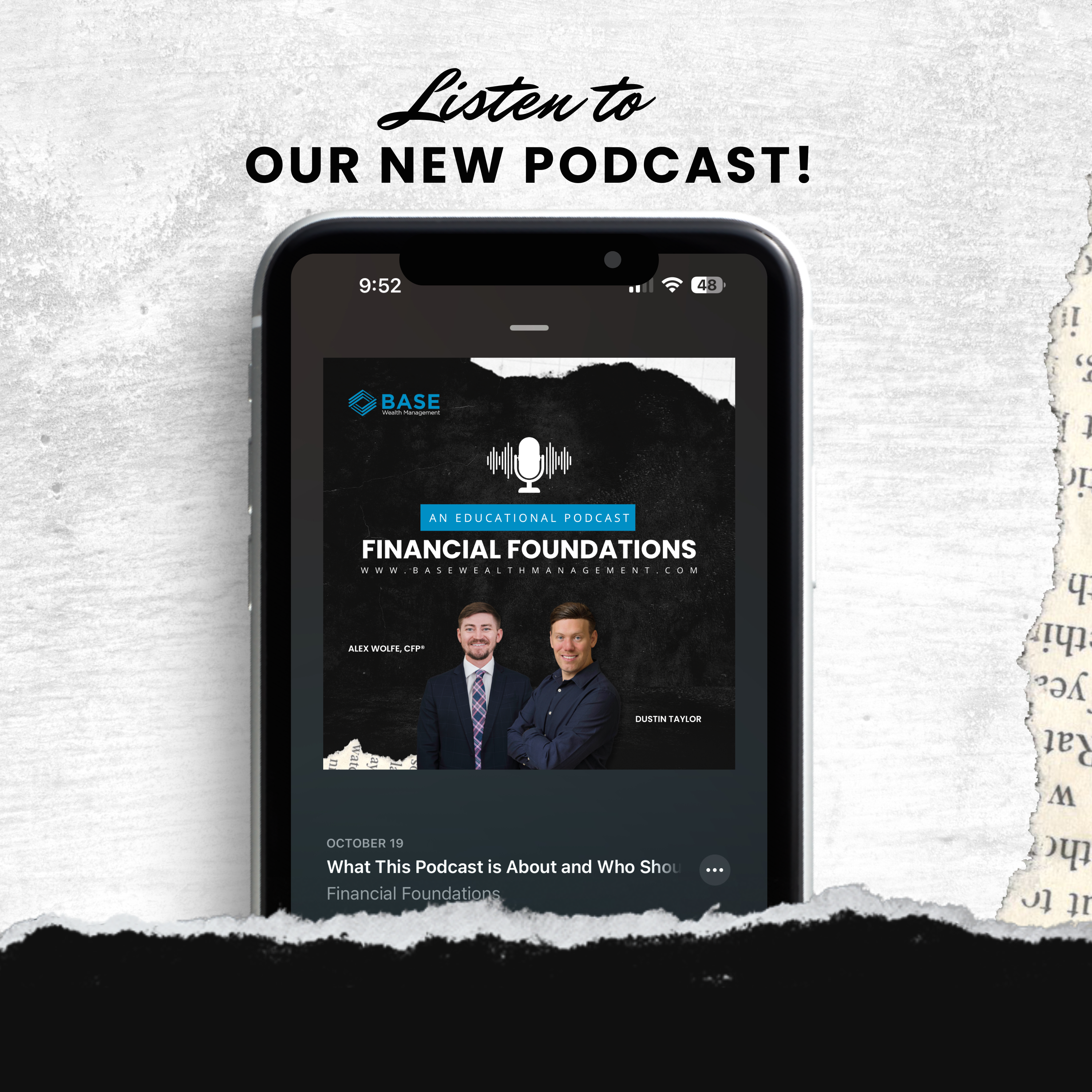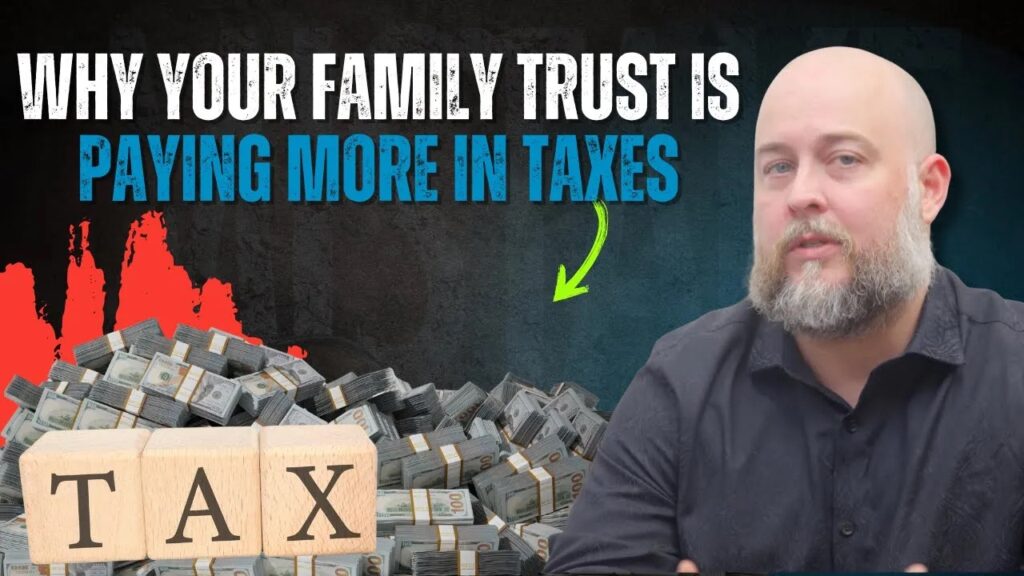April Inflation Lowest Since 2021
Inflation in April was slightly lower than expected, with the consumer price index rising 0.2% for the month and 2.3% over the past year—its lowest annual rate since February 2021. Core CPI, excluding food and energy, also rose 0.2% monthly and 2.8% annually, showing moderate price growth. The impact of President Trump’s tariffs on inflation has not yet materialized, though economists expect upward pressure starting in May as tariffs take fuller effect. Markets reacted calmly, with expectations of fewer interest rate cuts this year due to the Fed’s focus on sustained inflation levels above its 2% target.
Consumer Sentiment Remains Low
U.S. consumer sentiment fell in early May to 50.8, its second-lowest level on record, amid growing concerns that tariffs will drive up inflation, according to a University of Michigan survey. Inflation expectations rose sharply, with year-ahead forecasts jumping to 7.3% and long-term expectations climbing to 4.6%. Nearly three-quarters of respondents mentioned tariffs as a key concern, though much of the survey was conducted before a 90-day tariff pause between the US and China was announced. Despite the lack of immediate impact in recent inflation data, policymakers remain wary, with the Federal Reserve monitoring expectations closely before making further interest rate decisions.
Trump Critical of Raising Prices
President Donald Trump criticized Walmart for blaming tariffs on its decision to raise prices, urging the retailer to “eat the tariffs” instead of passing costs to consumers. Walmart CFO John David Rainey responded by highlighting the unprecedented speed and magnitude of price increases caused by tariffs, noting the company will absorb some costs and work with suppliers to minimize consumer impact. Despite a 90-day tariff reprieve, Walmart and other companies like Microsoft, Mattel, and Ford have warned of or implemented price hikes due to ongoing trade tensions. While Walmart maintained its annual sales forecast, it withheld quarterly earnings guidance, citing the unpredictability of tariff policy under the Trump administration.

















